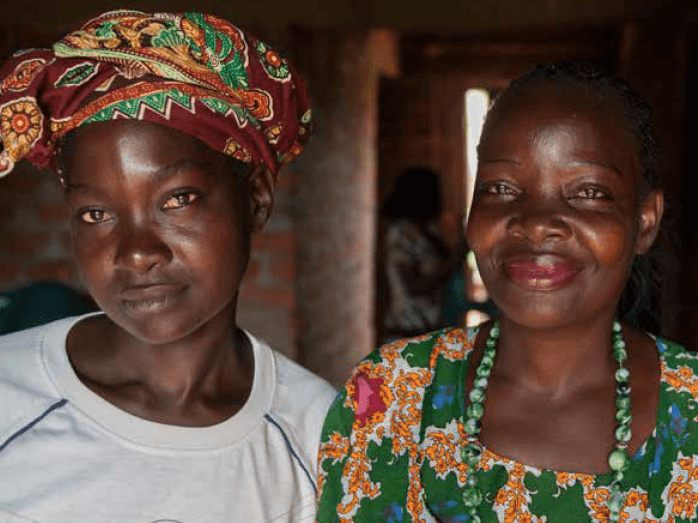Project Background and Overview
Nampula is Mozambique’s most populous province, with a total population of five million people and an adult HIV prevalence rate of 4.6 percent. In 2013, Mozambique launched the National HIV/AIDS Acceleration Plan, which aimed to increase coverage of antiretroviral therapy (ART) to 80 percent of eligible patients, reduce mother-to-child transmission of HIV to less than five percent, and halve the number of new HIV infections.
Between October 2011 and September 2016, ICAP at Columbia University supported the decentralization of HIV services in Mozambique’s Nampula Province, with PEPFAR funding through the Centers for Disease Control and Prevention. Decentralization to peripheral health facilities enabled people living with HIV outside of Nampula’s main cities and district capitals to obtain HIV treatment much closer to their homes. ICAP’s support emphasized building the capacity of the Provincial Directorate of Health (DPS) and 21 District Services for Health, Women, and Social Action (SDSMAS) to plan, implement, and monitor HIV programs, while also contributing to strengthened health systems able to sustain the HIV response.
Through this project, ICAP and its local partners provided technical support to 147 health facilities across all 21 districts of Nampula Province (see Figure 1). This support facilitated the delivery of high-quality HIV and related services, with a focus on HIV testing and counseling; prevention of mother-to-child transmission of HIV (PMTCT); HIV care and treatment for adults and children; retention and adherence support; integrated TB/HIV care; care for survivors of gender-based violence; and cervical and breast cancer screening.




